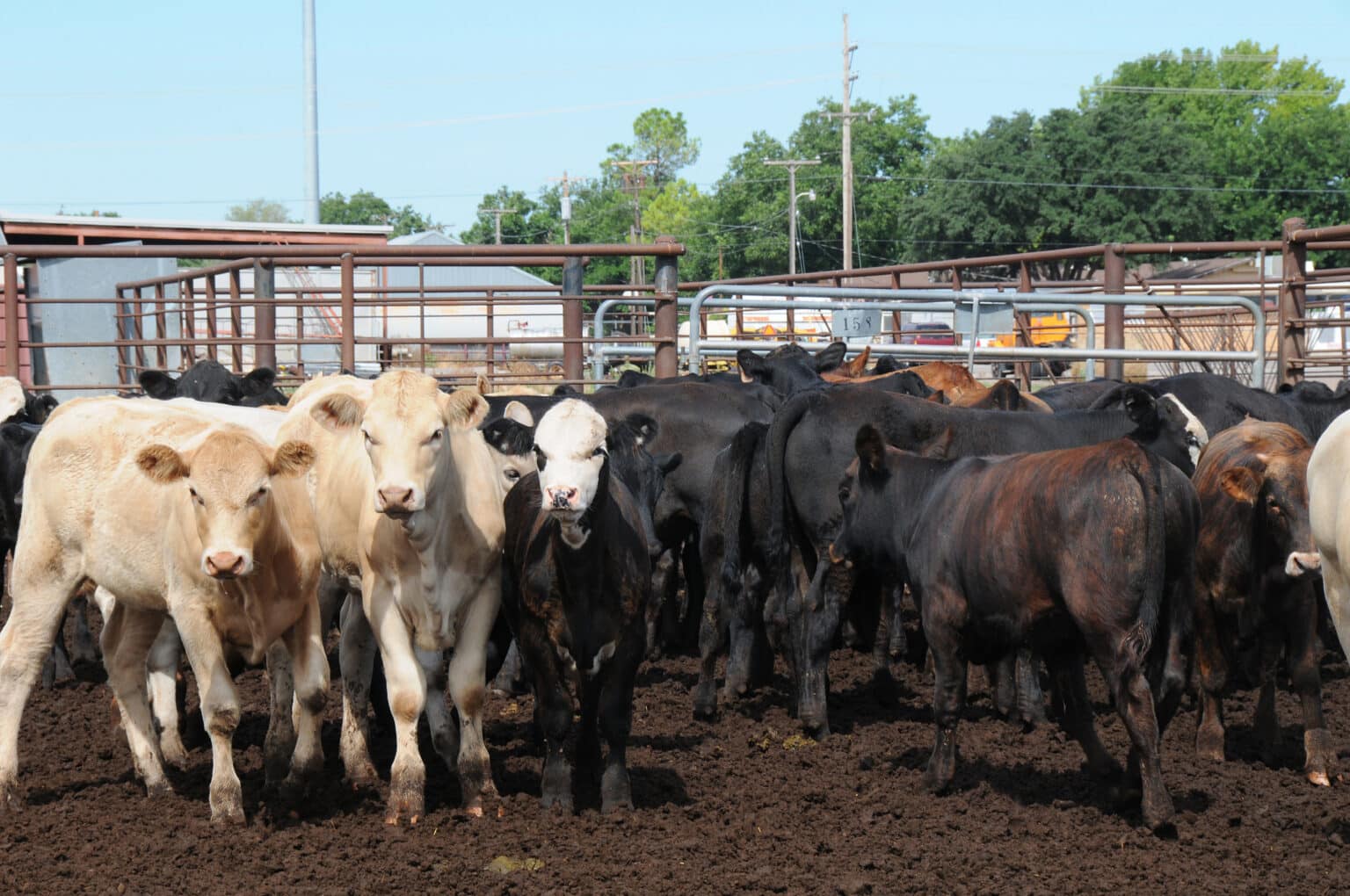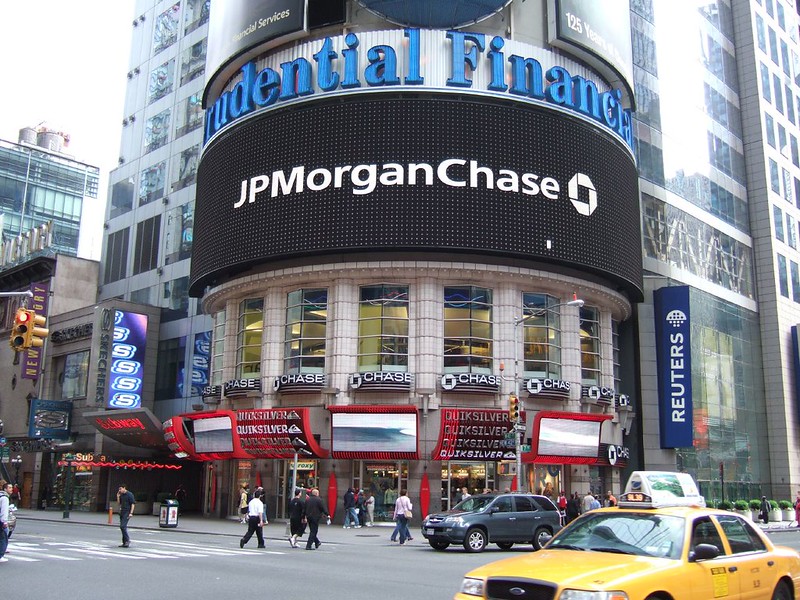A prominent animal agriculture research center at a prestigious U.S. university is almost completely funded by the agribusiness industry, according to documents obtained by The New York Times and Unearthed.
The internal communications show how the charity arm of a prominent livestock industry group helped conceptualize and bring to life the CLEAR Center at the University of California Davis, which is led by Frank Mitloehner, a UC Davis Professor with a PhD in animal science.
Beyond financially supporting the research institute, documents show that the industry has coordinated communications with the center to downplay livestock’s contribution to climate change and push back against reports that call for a reduction in the production and consumption of meat.
Big Money from Big Ag
The documents obtained by Unearthed show that the CLEAR Center has received an average of $500,000 per year from the Institute for Feed Education & Research (IFEEDER), the nonprofit founded by the American Feed Industry Association (AFIA). The AFIA is one of the largest industry associations for the livestock sector, and counts among its members leading U.S. meat producers and processors, including Cargill, Tyson Foods, and Pilgrim’s, a subsidiary of global meat giant JBS.
IFEEDER also hired branding consultants to help name the CLEAR Center — which stands for Clarity and Leadership for Environment Awareness and Research — and paid CLEAR Center director Frank Mitloehner almost $19,000 in consulting fees in 2017, two years before they worked together to establish the research institute.
The CLEAR Center has also received hundreds of thousands of dollars in donations from agribusiness companies and industry groups. According to financial commitments outlined in the documents, the Center is on track to receive nearly $3.2 million in direct donations, largely from agribusiness interests, since its establishment in 2019.
In response to Unearthed’s investigation, IFEEDER told the publication that it is “critical that there is a two-way dialogue between public and private entities involved in producing America’s food supply” if the United States is going to “make real, measurable progress on achieving its overarching food security and climate goals.”
Mitloehner told Unearthed that he and the CLEAR Center are “not concerned with the financial interests of stakeholders or others in the livestock industry” but are instead “concerned with developing environmental solutions in animal agriculture.”
Unearthed, the investigative arm of environmental charity Greenpeace U.K., obtained the documents via Freedom of Information laws, while the New York Times later received the documents from the University of California.
The Rise of the “Greenhouse Gas Guru”
Frank Mitloehner, the director of the CLEAR Center, has branded himself as the “Greenhouse Gas Guru” in recent years as his public profile has risen.
Mitloehner has a record of claiming that animal agriculture can be an asset in the world’s fight against climate change, despite its contribution to the global budget of planet-warming greenhouse gasses. According to the United Nations Food and Agriculture Organization, the sector accounts for 14.5 percent of the world’s total greenhouse gas emissions.
Mitloehner has stated in videos for the CLEAR Center that the livestock sector can “actually generate short-term cooling” of the climate “if we managed to reduce methane from cattle, such as with feed additives or digesters.” But by Mitloehner’s own admission, this would require livestock producers to “keep [their] herd size constant,” a goal that is not only hard to imagine the industry embracing, but which also runs counter to recommendations made by the UN’s Intergovernmental Panel on Climate Change (IPCC) that overall meat consumption needs to be reduced.
Mitloehner has downplayed the industry’s contribution to climate change before. DeSmog reported in July that Mitloehner had given incorrect evidence to the Irish parliamentary agriculture committee, during which he claimed that California had managed to reduce its livestock methane emissions in recent years by about 30 percent due to the use of emissions-reduction technology like anaerobic digesters.
The claim was refuted, with the California Air Resources Board stating that livestock emissions in California in 2019 were “18 per cent higher than 2000 levels,” but Mitloehner’s initial claim was widely repeated by Irish politicians and agribusiness lobbyists.
When asked about the stories published by Unearthed and the New York Times, a representative for the CLEAR Center directed DeSmog to Mitoehner’s public response, in which he wrote that he found it “disheartening to be accused of wrongdoing by working with the livestock sector.” He added: “People want us to go on record that animal agriculture should fade away or be significantly reduced, but that’s not our charge or our place. Our mission is simply to reduce animal agriculture’s impact on our climate and environment, and to do that, we must work with the people who are raising the food that feeds us all.”
Partners in Communication
The internal documents also demonstrate how the industry and Mitloehner have worked together to set communication priorities for the CLEAR Center and developed narratives that paint animal agriculture as a climate solution and willing contributor toward global goals to reduce emissions.
Industry representatives were impressed by Mitloehner’s successful campaign against the EAT-Lancet report in 2019, which called on countries with high meat consumption to transform their diets to include, among other things, less meat. Mitloehner criticized the report for pushing a “radical anti-meat agenda” that was “anti-livestock,” while he and others used the hashtag #yes2meat to oppose the report’s findings online. The Lancet analyzed this “digital countermovement” against its report, finding that opposition to it “resulted in the wide distribution of critical (and at times defamatory) articles on alternative media platforms.”
A CLEAR Center briefing later stated that the backlash against the EAT-Lancet report “was possible because of a champion,” namely Mitloehner, and that “the results of this David versus Goliath match overwhelmingly exceeded expectations.”
The National Cattlemen’s Beef Association, a leading lobbying group for the meat industry, also made note of Mitloehner’s contribution to refuting the EAT-Lancet report’s findings. As part of its “Beef: It’s What’s for Dinner” campaign, the group linked to a video of Mitloehner that it said “debunks the myth” that animal agriculture is “harmful to the environment.” The NCBA stated in its newsletter that it had partnered with others in the meat industry to push back against the conclusions of the EAT-Lancet report, which “grossly misrepresented beef’s important role in the diet and used misleading information regarding beef’s impact on climate change.” The NCBA stated that due to its efforts and those of its allies, the report had been “discredited by leading scientists around the world.”
Mitloehner again aided the livestock industry’s communication priorities in 2020 after Burger King announced that it was working to reduce emissions from the cattle that become its hamburgers. According to an internal CLEAR Center briefing about the advertisement and the response it generated, “Mitloehner and the CLEAR Center felt compelled to respond” to “correct the mischaracterizations of both [livestock] producers and the science.” The briefing outlines how Mitloehner successfully helped shift the campaign from being “celebrated” in mainstream media to “highlighting how the industry found it problematic,” with Burger King ultimately pulling the ad, agreeing to write a joint letter with the Global Roundtable for Sustainable Beef (GRSB) “acknowledging missteps,” and agreeing to “work with CLEAR Center on enteric emissions research and science communication.”
The Global Roundtable for Sustainable Beef, of which the CLEAR Center is a “consulting member,” is an industry-led sustainability initiative that aims to “advance, support, and communicate continuous improvement in sustainability of the global beef value chain.” Its members also include meat producers JBS, Cargill, and Tyson, as well as fast food chains McDonald’s and Burger King.
Subscribe to our newsletter
Stay up to date with DeSmog news and alerts







